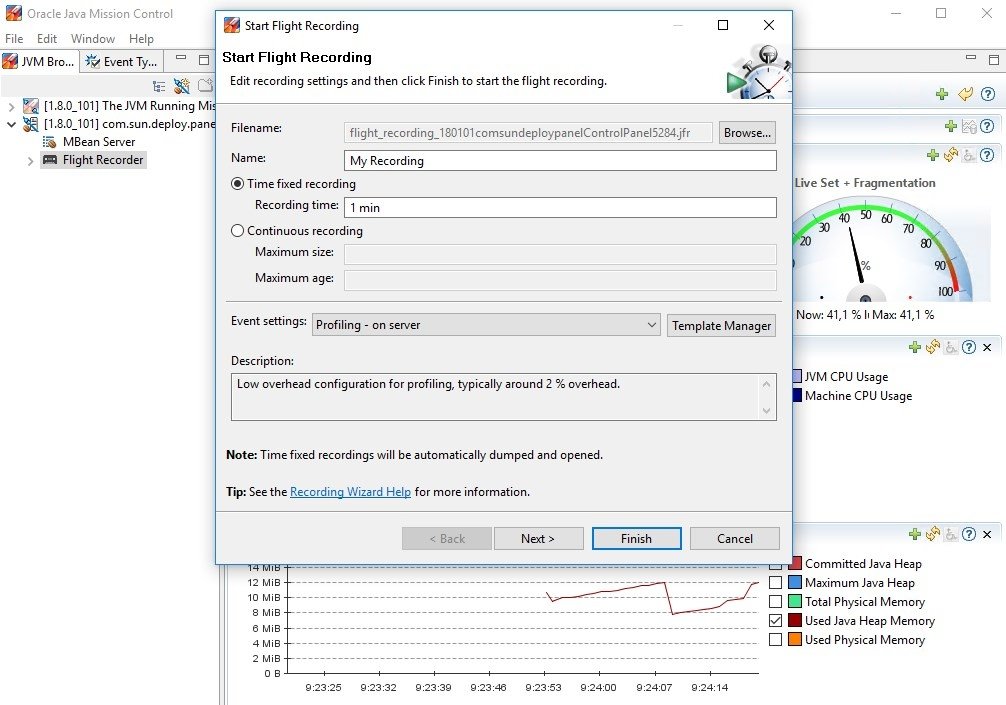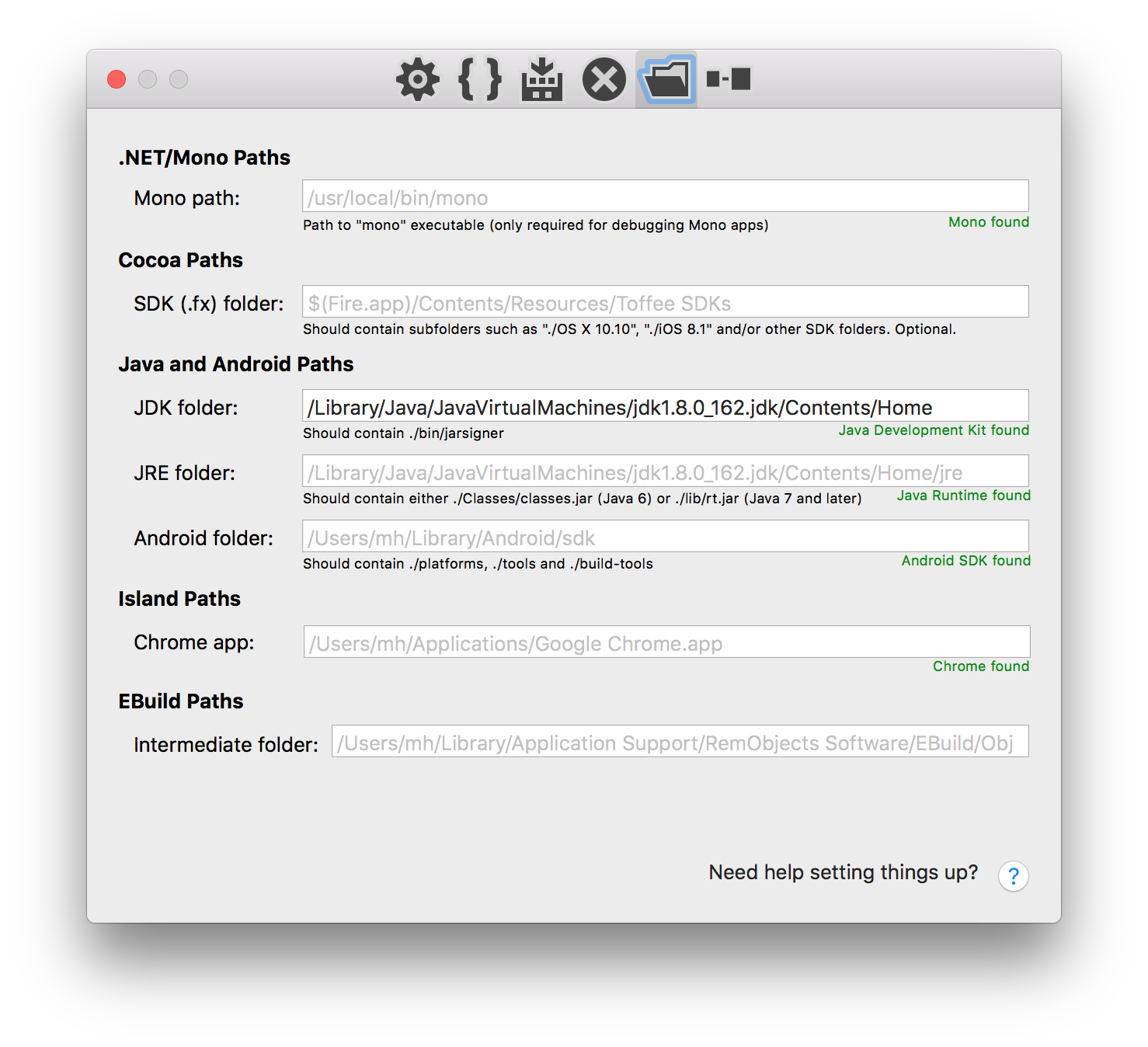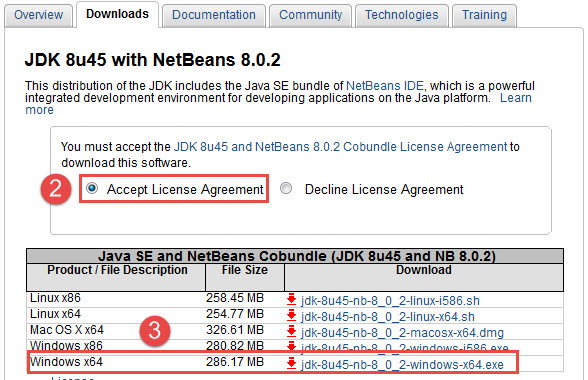

Java SE 7 (JDK 7) (July 2011): First version after Oracle purchased Sun Microsystem - aslo called OracleJDK.Java SE 6 (JDK 6) (December 2006): Renamed J2SE to Java SE (Java Platform Standard Edition).

Introduced generics, autoboxing/unboxing, annotation, enum, varargs, for-each loop, static import.

OracleJDK: This article is based on the "OracleJDK" ) (due to legacy), which is free for personal and development use but no longer free for commercial use.Popular OpenJDK builds includes Azul Zulu, Red Hat OpenJDK (IcedTea), Amazon Corretto, Eclipse Adoptium's Temurin, SapMachine, Microsoft OpenJDK, and more. It does not include web-browser plugin and Web Start. OpenJDK includes the virtual machine (HotSpot), the Java Class Library, and the Java Compiler. OpenJDK: Currently, the "OpenJDK" ) developed by Oracle, Java community, Red Hat, Azul Systems, IBM, Microsoft, Amazon, Apple, SAP, provides a free and open-source Java Platform Standard Edition (or Java SE or JDK) official reference implementation.SDKMAN can also be used to install other JVM-based tools, languages, and frameworks such as Groovy, Grails, Ant, Gradle, Kotlin, Maven, Scala.The Java Development Kit (JDK), officially named "Java Platform Standard Edition" or "Java SE", is needed for writing and running Java programs. Currently, the following JDK versions are supported: $ sdk l javaġ2.0.1-sapmchn 10.0.2-open 1.0.0-rc-16-grl

The simplest way to install, remove, and switch between different JDKs on MacOS is with SDKMAN.


 0 kommentar(er)
0 kommentar(er)
